Understanding ABB PLC Systems
Programmable Logic Controllers (PLCs) are the cornerstone of industrial automation, and ABB PLC systems stand out in this technology. These controllers are designed to automate processes within manufacturing plants, machinery repair shops, and construction sites. The versatility of ABB's PLCs, such as the AC500 PLC and Pluto PLC, allows for a wide range of applications, from simple machine sequencing to complex process control.
Types and Applications of ABB PLCs
The ABB AC500 series is a prominent example, offering scalability and robust performance. For safety-critical applications, the Pluto Safety PLC is engineered to meet stringent safety requirements. These PLCs are utilized in various sectors, including but not limited to, automotive, food and beverage, and chemical industries. The adaptability of ABB PLC programming allows for tailored solutions to meet the specific needs of each application.
Features of ABB PLCs
ABB's PLCs are known for their integration capabilities with various communication protocols, such as the CM579-PNIO. This enhances the PLC's ability to communicate and coordinate with other industrial devices, creating a seamless automation environment. The PM5630-2ETH and PM5650-2ETH models exemplify this connectivity, providing efficient network solutions within complex systems.
Materials and Construction
The construction of ABB PLCs involves durable materials that withstand industrial environments. The design considerations ensure longevity and reliability, even in demanding conditions. The ABB Pluto B46 and its variant, Pluto B46 V2, are examples of this robust construction, offering dependable performance in various industrial settings.
Advantages of Implementing ABB PLCs
Implementing an ABB PLC system can lead to increased efficiency and precision in industrial processes. The advanced features of the ABB AC500 PLC contribute to optimized control and monitoring, which are critical for high-quality production outcomes. Moreover, ABB's commitment to innovation is evident in their ABB SCADA training courses and ABB PLC training, ensuring that technicians are well-equipped to maximize the potential of these systems.
Conclusion
In conclusion, ABB PLCs are a sophisticated choice for businesses looking to enhance their automation capabilities. With a range of products tailored for various applications and the support of comprehensive training programs, ABB PLCs are a reliable and adaptable solution for modern industrial challenges.















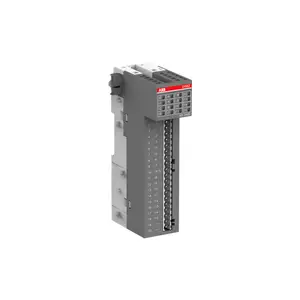









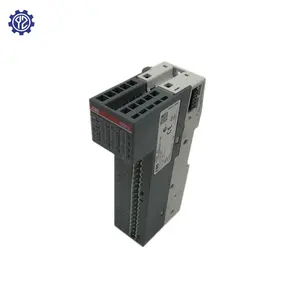
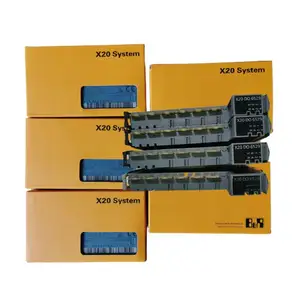
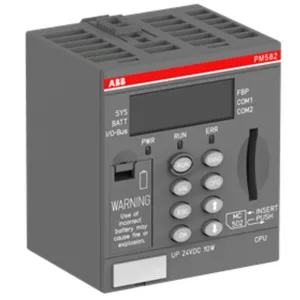
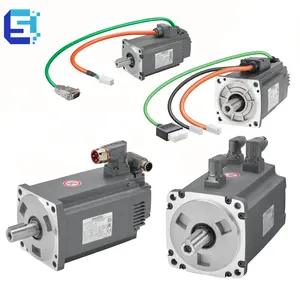


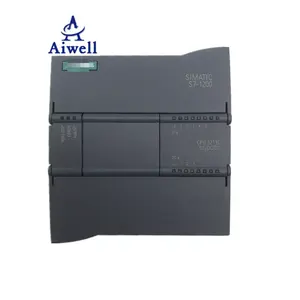



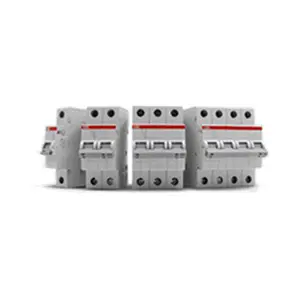




































 浙公网安备 33010002000092号
浙公网安备 33010002000092号 浙B2-20120091-4
浙B2-20120091-4